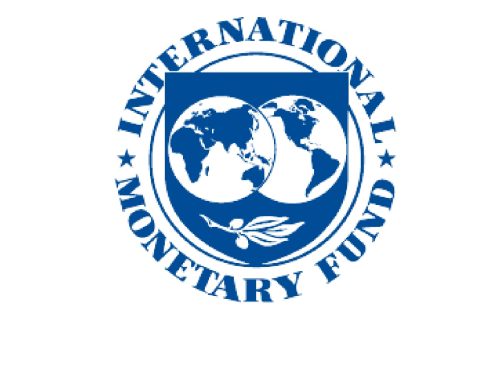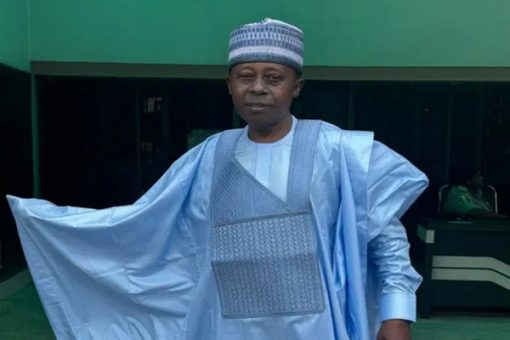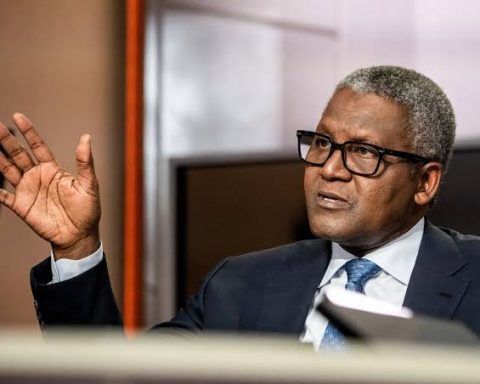IMF’s 2024 Economic Outlook Highlights Global Debt Crisis
The International Monetary Fund (IMF) is preparing to release its 2024 economic outlook, bringing attention to the global debt crisis and its potential consequences for both advanced and emerging economies, including Nigeria.
Join our WhatsApp ChannelThe IMF’s focus is on the alarming growth of global debt, which is predicted to exceed $100 trillion by the coming year.
This massive debt, equivalent to 93 per cent of the global GDP, is raising concerns about how countries, especially those like Nigeria, will manage these financial pressures.
Debt Sustainability a Major Concern
“Governments and corporations have taken advantage of low-interest rates over the years, borrowing heavily to support economic growth,” an IMF spokesperson noted. “However, as central banks around the world tighten monetary policy and raise interest rates, the cost of borrowing is rising sharply. This creates a tough environment for countries already burdened with debt.”
READ ALSO: IMF Sympathises With Victims Of Kenya Anti-tax Protest
Emerging markets such as Nigeria are particularly vulnerable to this shift. With debt sustainability becoming a central issue, the IMF has warned that refinancing maturing bonds will be a significant challenge under current financial conditions. It’s expected that 40 percent of sovereign bonds and 37 percent of corporate bonds will mature by 2026, putting additional pressure on economies to find resources for repayments.
Nigeria Among Nations Feeling the Strain
Nigeria, like many developing countries, is already experiencing the impact of higher borrowing costs. In 2022, developing nations paid $49 billion more to external creditors than they received in new loans, which, according to the IMF, restricts their ability to invest in key sectors. The IMF’s report highlights how this debt imbalance is limiting growth potential, particularly in countries that need funds for development.
“Developing countries like Nigeria are caught in a difficult position,” an economist stated. “They need to borrow to fuel growth, but the rising cost of debt makes it harder to invest in critical areas such as infrastructure and social services.”
Nigeria’s spending on interest payments has reached new heights, with the country being one of 54 developing nations that spent more than 10 percent of their revenues on servicing debts in 2023. This level of spending leaves little room for the government to address other pressing issues like inflation, unemployment, or improving public services in health and education.
IMF’s Call for Reforms
The IMF has stressed the need for strong debt management policies to prevent deeper financial instability in countries facing these challenges. Reforms, along with targeted spending cuts, are crucial for countries like Nigeria to navigate the turbulent economic landscape ahead. The IMF has pointed out that if countries do not prioritize these policies, they risk falling into a debt trap that could hinder their long-term economic growth.
“Countries must take a more disciplined approach to managing their debts,” the IMF report advised. “This includes adopting fiscal policies that ensure economic resilience without overwhelming financial pressures.”
Balancing Growth and Debt Management
For Nigeria and other emerging economies, the challenge is clear—finding a balance between reducing debt and continuing to support growth. The IMF’s warnings serve as a reminder that the window to address these issues is closing. Without swift and effective action, countries may face even more significant economic hurdles.
As global debt continues to rise, the path forward will require difficult decisions. Nigeria, in particular, must carefully navigate this terrain to avoid falling into further economic instability.
“Without careful management, the financial pressures from global debt could severely impact Nigeria’s economy,” an IMF official concluded. “It’s time for countries to make tough, yet necessary, choices to ensure their economic future.”

















